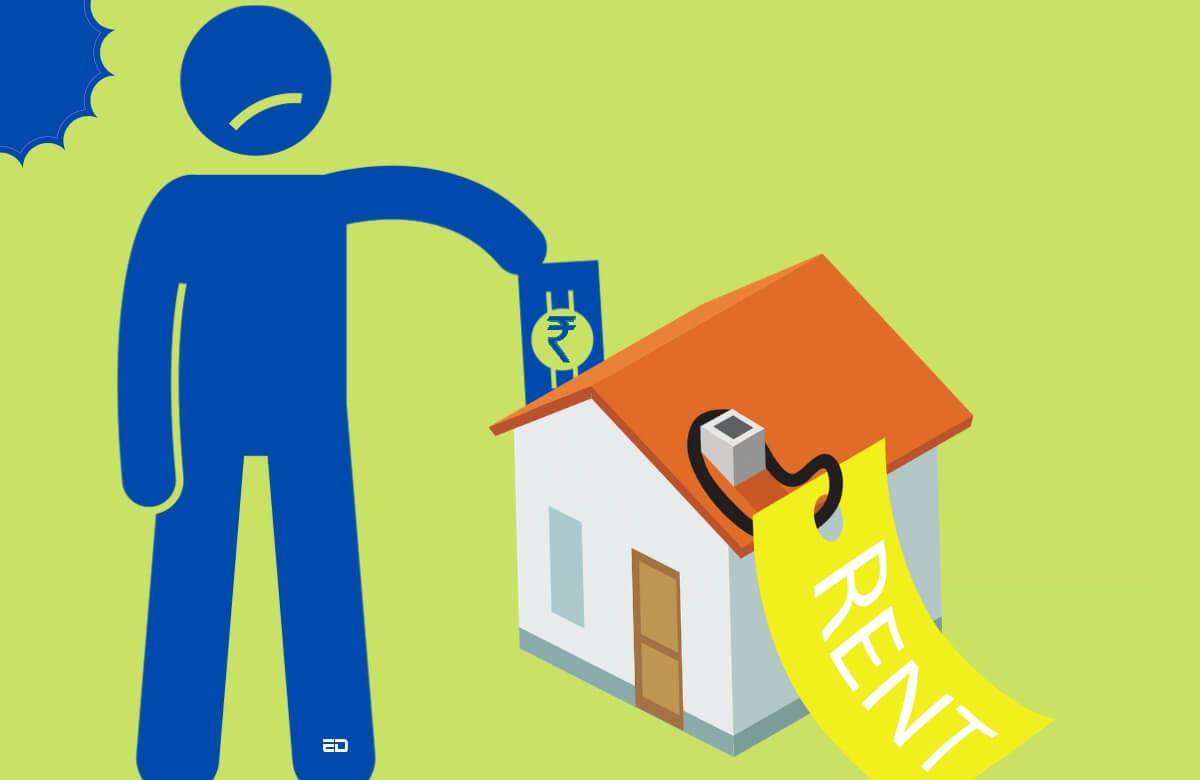The changes to the goods and services tax or GST as it is better known have been under much discussion for quite some time. In July the GST on a lot of various items and services were changed, increasing the daily living expenses of the average Indian even more than they already were.
Now in the latest news, the new rules for GST on rent have come out, but it seems that they are creating some confusion among the common folk, and some misinformation is also being spread.
In this piece, we take a look at the clarifications and fact correcting that was done by reports and experts in the field.
What is the actual matter?
On 18th July 2022 the new rules for the GST were activated, among the many that came out one was about the rent and the application to a certain amount of GST on it.
As per a Livemint report, Mahesh Jaising, Partner, Leader – Indirect Tax at Deloitte India explained what GST was being applied to rent on residential property.
He said, “Renting of residential dwellings up to 17th July 2022 was exempt regardless of the status of the tenant i.e. whether the service provider or service recipient is registered or unregistered. This meant that renting of property for residential purposes was exempt for all. However, w.e.f. 18th July 2022, a tenant who is registered will become liable to GST on renting for residential purposes under the reverse charge mechanism.”
This essentially meant that before 18th July, anyone could rent a residential property without having to pay any GST. But now under the reverse charge mechanism (RCM), people who are GST registered would have to pay a tax of 18% even while renting property for residential purposes.
Read More: In Pics: What All Everyday Items Have Gone Up Due To Increased GST?
Now, it seems on social media, some people confused this to mean that even a general person would have to pay such a tax. However, the Press Information Bureau tweeted about this and clarified that the information was misleading.
As per PIB, “Renting of residential unit taxable only when it is rented to a business entity”, this does not hold for private people or those not registered on the GST who rent residential property for personal use.
It further clarified that “no GST even if proprietor or partner of firm rents residence for personal use.”
Claim: 18% GST on house rent for tenants #PibFactCheck
▶️Renting of residential unit taxable only when it is rented to business entity
▶️No GST when it is rented to private person for personal use
▶️No GST even if proprietor or partner of firm rents residence for personal use pic.twitter.com/3ncVSjkKxP— PIB Fact Check (@PIBFactCheck) August 12, 2022
Archit Gupta, Founder and CEO at Clear also spoke about this, stating “If any employed person has taken a residential house or flat on rent or lease themselves, they may not have to pay GST.
However, a GST-registered person/entity must pay 18 per cent GST on rent paid to the owner. In some scenarios residential property may be taken on rent by businesses, here GST will have to be paid. However, in such scenarios, an issue will likely arise on the availability of ITC on such GST paid, which may have to be separately clarified by the government.”
A person or corporate entities get GST registered when a business or profession is creating an annual turnover over the threshold limit stated under the GST law.
Image Credits: Google Images
Sources: Hindustan Times, The Economic Times, Livemint
Find the blogger: @chirali_08
This post is tagged under: GST house rent, GST, house rent, gst on rent, gst news, goods and services tax, goods and services tax news, goods and services tax on rent, goods and services tax residential property, rent
Disclaimer: We do not hold any right, copyright over any of the images used, these have been taken from Google. In case of credits or removal, the owner may kindly mail us.
Other Recommendations:
RBI Allegedly Found To Be Denying Information Under RTI Act Since 2015






































